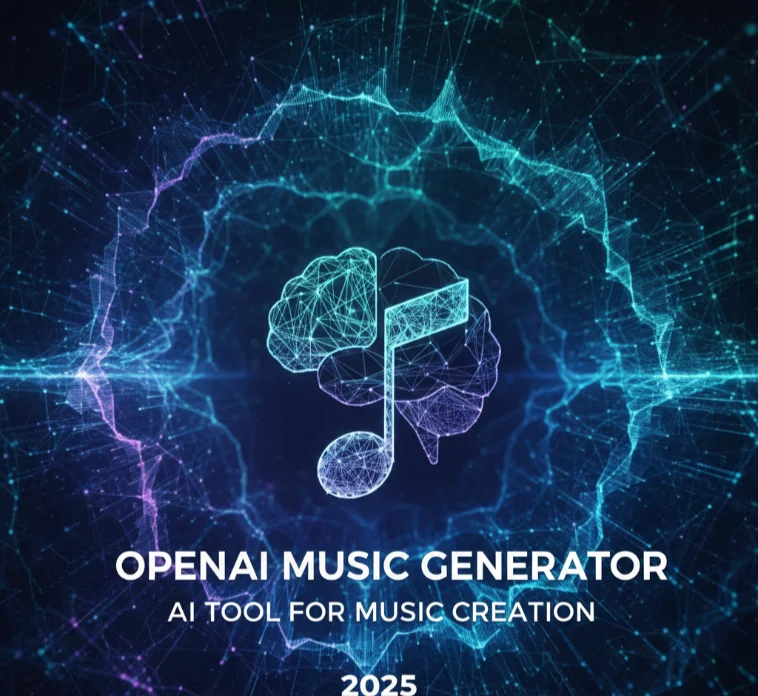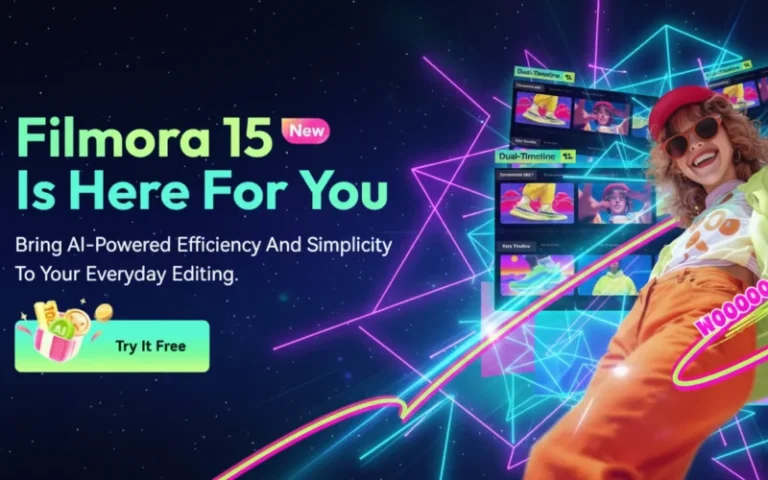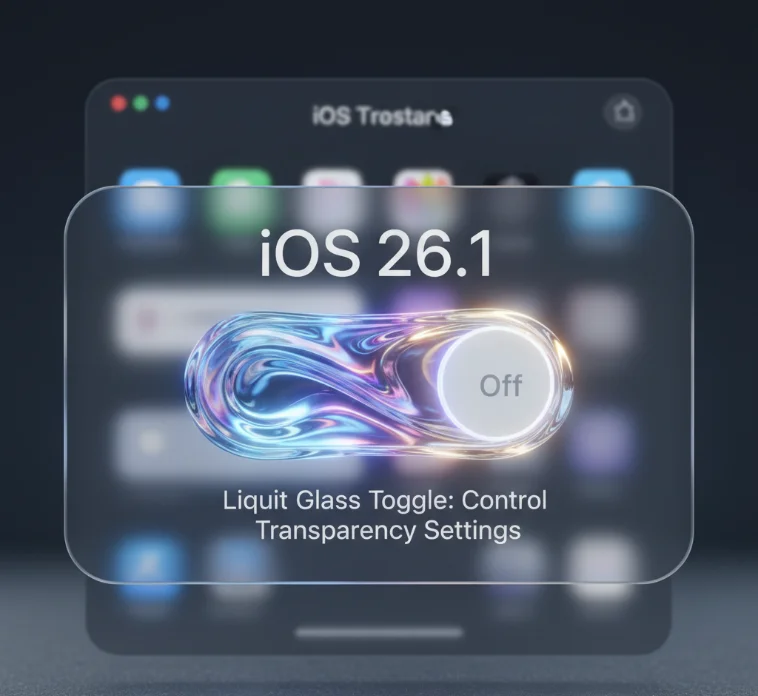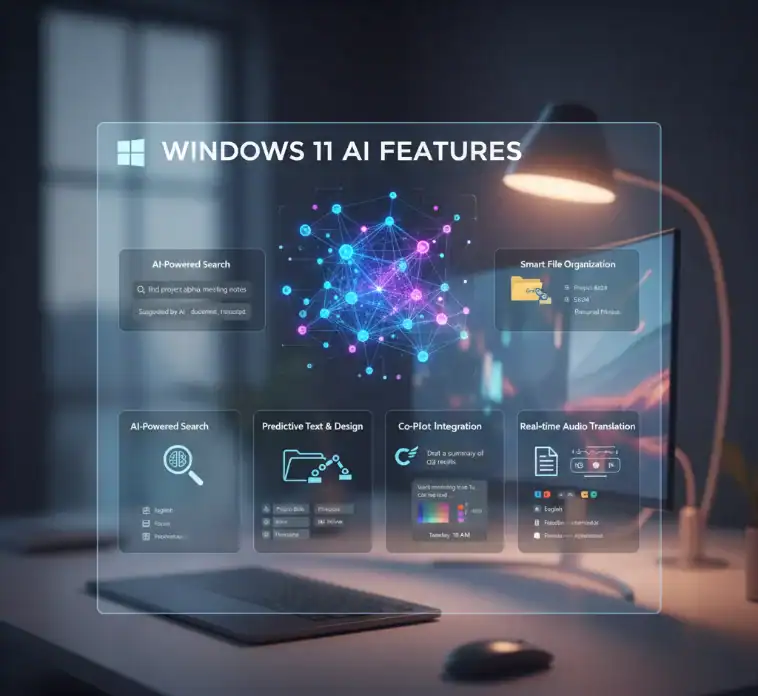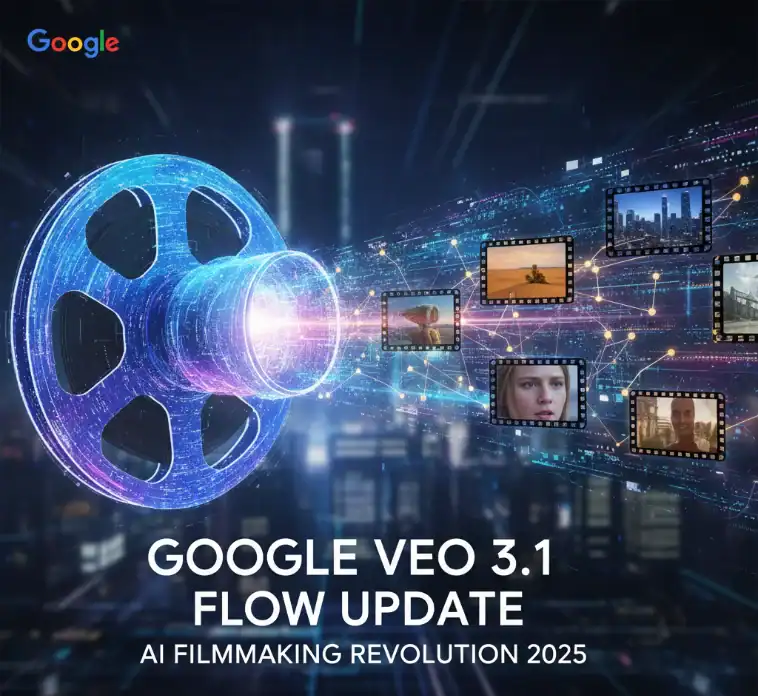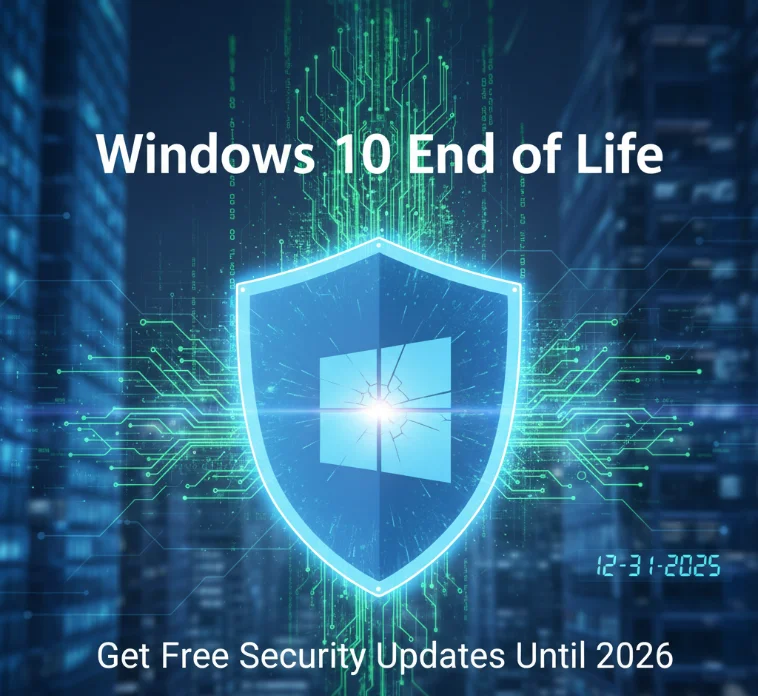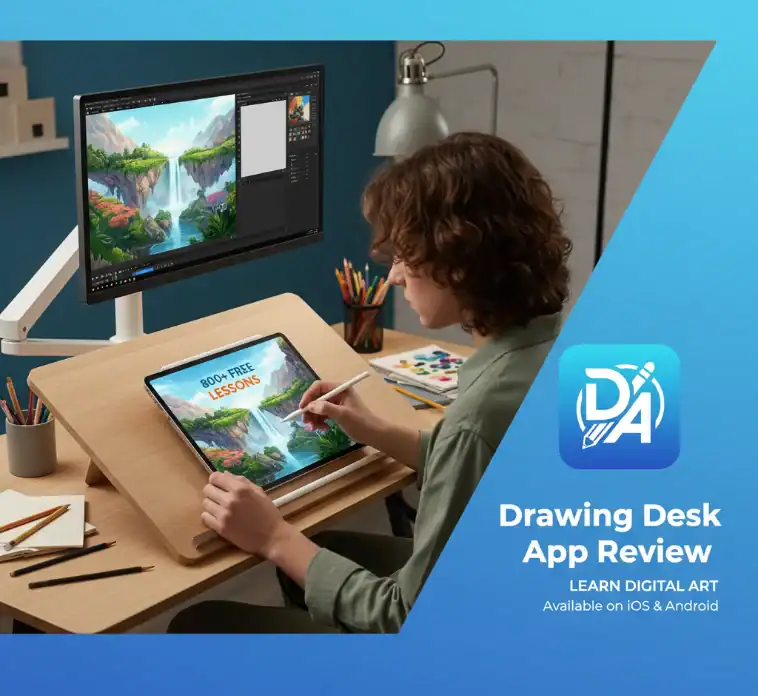The OpenAI firm is under the spotlight once again. Now the tech giant that created ChatGPT is turning its attention to music. It looks like OpenAI is working on a musical prodigy. This new operation could fundamentally alter our perception of music production.
The company known as OpenAI is on its way out. Now the same giant that made ChatGPT possible is focusing on music creation. A lot of news has been saying that OpenAI is working on a revolutionary music generator. This new venture could potentially change the way people think about and make music.
What Is the New Music Tool From OpenAI?
The tool will enable users to compose music through basic text prompts. Think of it as making images with artificial intelligence, but for sound. All you had to do was type in a description, and then you received back from the machine a fully produced track.
OpenAI cooperates with students of the Juilliard School. These are music students working as annotators on musical scores. Their work is the training data for the AI model. This collaboration also demonstrates OpenAI’s dedication to quality and musical fidelity.
The tool could function similarly to a popular A.I. music generator called Suno. Users might ask for particular instruments or types of music. For instance, you might request a guitar accompaniment to go with your vocal track. Artists could use it to construct their own custom base tracks against which they can play original songs.
How Can This Music Tool Be Accessed By Users?

There are still a number of questions about the product rollout. It’s not clear if OpenAI will release this as a separate application. It could mirror Sora 2, which is a stand-alone app. Or, it might be bundled into OpenAI ChatGPT alongside image generation capabilities.
There’s no word on price yet either. It is not yet known whether the service will be free or paid, according to the company. If you have been following OpenAI’s new business model, a paywall will be expected. Free users may have limited access, whereas premium subscribers gain full features.
If you’re considering using OpenAI products, keeping up to date on OpenAI news is crucial. The company constantly teases new features. You can follow those through official channels and tech publications.
Understanding OpenAI as a Company
But before we go into the nitty-gritty, a quick look at some OpenAI company background. The organization was founded as a research lab in 2015. Created with a lofty mission by the OpenAI founder, Sam Altman, and other tech leaders. One of their wishes was that artificial intelligence would be the source of positive changes for the entire human race.
The organization found itself at the center of attention around the world by the end of 2022 following the release of ChatGPT. This conversational agent was the main factor in a complete revolution of the interaction between people and technology. Now counted among millions of users around the world who use it to do so much.
OpenAI login has become a part of daily life for lots of folks. Many are filled with writers, programmers, academics, and students who live on the platform. The company’s reach is much greater than that of casual users. OpenAI API is added to commercial products and services. Developers can now use this API to create their own AI applications.
For more information, take a look at the OpenAI wiki pages. Such information offers a very complete overview of the company’s history and tools. They also describe the different models that they can support.
Note: OpenAI stock is not public right now. The company remains privately held. But Microsoft has a large investment. It has proved to be a mutually beneficial alliance between these two.
Potential Uses for Musicians & Producers

The music-making device provides an exciting opportunity for creative minds. Indie musicians would be able to make great-quality backing tracks without spending ridiculous amounts of money. Podcasters would be able to create custom intro and outro music, for example. Content creators would be able to score their videos without worrying about copyright.
Music teachers could use the tool for teaching. Students were able to try various types and combinations of music. This less theoretical approach is supposed to make learning more fun and creative.
Commercial applications are also promising. Advertising agencies could churn out bespoke jingles in no time. Video game designers could create adaptive scores. Film producers could generate temp tracks while editing.
But the tool is not designed to replace human musicians. Instead, it’s there to act as a creative assistant. Artists still need musical skill and artistic vision. It’s just the AI that speeds things up, but not in aspects of production.
Copyright Concerns and Industry Pushback
AI-generated music presents profound legal and ethical challenges. AI technology has already disrupted the music industry. Unfortunately, some people make fake songs from popular artists without their consent. These pirated reproductions proliferate on streaming services.
Spotify is cracking down on AI-generated music spam. The platform coordinates with record labels to search out and take down such materials. Music rights entities are formulating plans to protect artists’ work.
OpenAI has recently caught flak for Sora’s content policies. It turned out that the app allowed users to recreate copyrighted characters. The incident served as a reminder of the dangers of AI content. OpenAI will have to address these considerations if it seeks to bring its music tool to market.
Modeling artificial intelligence on copyrighted music is fraught with legal complexities. Musicians, artists, and composers should receive money for their work. The sector requires clear guidelines for AI-created music. These guardrails should keep human creators safe while still permitting innovation.
Impact on the Music Industry
This tool would have profound implications for professional musicians. Some fear losing their jobs and being passed over for new opportunities. Session musicians could see diminished demand for their work. Artificial intelligence could help bring more competition to music producers.
However, history has demonstrated that technology can still create new avenues. Music producers did not get eliminated by digital audio workstations. Rather, they democratized production and diversified it. AI music tools could see a similar evolution.
The technology may lead to the democratization of music creation. You can be an aspiring artist with no sort of expensive machinery or equipment. This availability could result in a broader and more experimental music. New kinds and modes of writing could spring from the unlikeliest sources.
Some established artists may welcome the tool as a new means of experimentation. They could prototype ideas rapidly, without having to put the pedal to the metal on full-blown production. This productivity could result in greater creativity. Artistry, at least among musicians, would be emphasized more and technique less.
What Makes OpenAI’s Approach Different?
OpenAI’s collaboration with Juilliard students is what makes the project unique. Through this partnership, we sustain music authenticity and quality. The training data will be from experts whose knowledge of music theory is profound. The theory should generate something in fact more complex, a fine-grained response.
The company has a good track record, with ChatGPT and other tools showing that it has the ability. OpenAI has always put out very user-friendly interfaces. Their work is a balance of power and access. Even non-specialists can obtain good results.
There might be a gain from integrating with other existing OpenAI products. Users could easily generate text, image, and music together. That unified platform would unlock never-before-seen creative workflows. Developers could make full multimedia applications in one environment.
Looking Forward: What’s Next For AI Music?

This is just the tip of the iceberg for AI music generation. Some potentially future additions that could be done are currently not possible and require considerable time for programming, such as real-time collaboration features. Several people might collaborate on writing music across distances with the help of artificial intelligence. The software could also be taught personal artistic tastes.
More sophisticated models might better understand emotional context. Users can also ask for music to go along with certain moods or narratives. The AI might make adjustments to compositions according to feedback and preferences.
Interoperability with other tools of creativity feels like a natural next step. A video editing program could incorporate AI music generation. Social networks, meanwhile, might have custom soundtrack creation. They would also help make it easier to create content.
Conclusion: Balancing Innovation and Protection
OpenAI’s music-making AI is an opportunity — and a challenge. The technology could make music creation more accessible. It is a new chance for not only all artists but also content creators.
But the industry will need to confront questions about copyright and payment. Not that artists shouldn’t be recognized and paid for their work. There should be clear laws and rules of conduct.
The next few months will show us more of this big project. Music creators, industry insiders, and listeners should keep up to date. Please stay tuned to OpenAI news for official announcements and updates.
This is another step along the path towards AI becoming more creative. Whether it is a danger or a means of bringing about change will depend on how it is used. Now the music industry needs to evolve — while preserving its most precious resource: creativity.
The conversation about AI music is just getting started. Your voice counts in determining how this technology evolves. Tell us how you think AI could complement music’s future. Working together, we can keep technology a force for augmenting, and not replacing, human artistry.
Frequently Asked Questions

